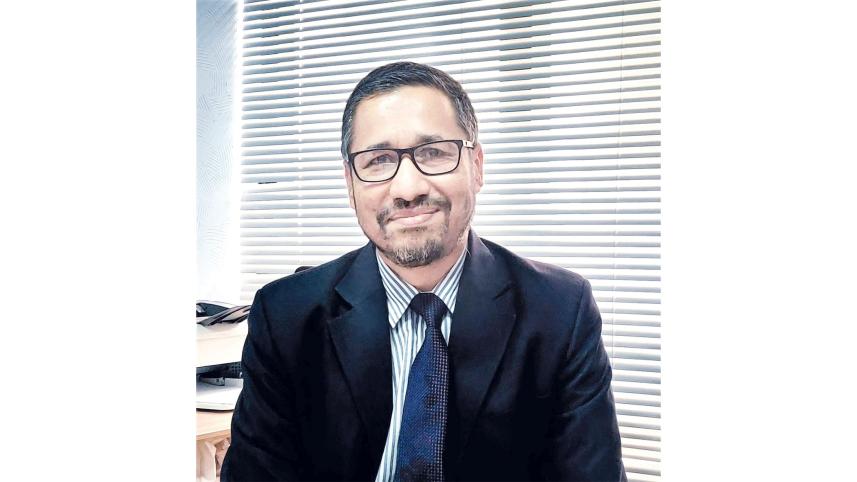Ownership caps undermine FDI potential

As a regulator with firsthand experience, I have seen how well-intentioned policies such as foreign ownership caps often fail to achieve their goals. I was also part of a due diligence process with a billion-dollar company from the industry side. To understand why caps are counterproductive, one must step into the shoes of the foreign investor, the very partner Bangladesh is trying to attract. From that perspective, ownership limits are not protective measures but red flags. They signal uncertainty, constrain growth and undermine our image as an FDI-friendly destination.
Foreign investors think long-term. When someone commits millions of dollars into a new telecom market, their key requirements are stability, clarity and predictability. Ownership caps provide the opposite. An investor considering Bangladesh might ask: "The cap is 60:40 today, but will that hold in five years? What if the other partner does not invest?" Or worse: "What if a new government retroactively lowers it to 49:51?" This moving-goalpost effect makes it impossible to model returns with confidence. Investors do not dislike local partnerships; they dislike being bound by rules that could shift with every budget or political cycle.
Nowhere is this concern clearer than in telecom. The sector is capital-intensive, requires patient investment and evolves rapidly with each wave of technology. From 5G to fibre rollout to data centres, none of these can be built without strong foreign capital. Yet the draft licensing guidelines propose limiting foreign ownership to 85 percent in mobile operations and 70 percent in national infrastructure services. For international gateway and submarine cable services, the cap remains at 49 percent.
This is not only about numbers. Caps create mistrust towards global partners who bring in expertise, capital and innovation. The outcome is predictable: investors look elsewhere. The inflow of FDI to Bangladesh stood at $3 billion in 2023, down nearly 14 percent from $3.48 billion in 2022, with telecom hit hardest. Meanwhile, countries like Vietnam are reaping the rewards of more open frameworks.
Vietnam offers a lesson. In 2024, it removed a longstanding 49 percent cap on data centres. Within months, it drew interest from AWS, Google and Alibaba. Under CPTPP and EVFTA commitments, Vietnam has also liberalised most non-core telecom segments. As a result, broadband penetration has risen by more than 30 percent in two years. India too benefited after lifting foreign ownership caps in telecom, attracting over $11 billion in FDI between 2016 and 2018. That investment enabled rapid 4G rollout and laid the foundation for 5G.
In contrast, Bangladesh caps have not strengthened local industries or improved services. They have encouraged nominee arrangements or shadow partnerships that blur accountability. For BTRC, whose mandate is to ensure fair competition, innovation and quality, the solution lies not in limiting equity stakes but in enforcing competition laws, carrying out audits and defining clear licensing obligations.
Telecom today is about more than voice and data. It is about fintech, cloud services, edge computing and AI-enabled infrastructure. Investors in these fields are not chasing short-term profits; they want to build long-term platforms. What they need in return is a policy regime that is consistent, modern and trustworthy.
Bangladesh should adopt a differentiated approach. Full foreign ownership could be allowed in greenfield projects such as triple play, data centres or software-defined networks. Strategic safeguards may remain for critical infrastructure like national gateways or spectrum, but these must be clearly defined and consistently applied.
Bangladesh has the potential to be a digital hub for South Asia. We have a young population, a growing tech sector and a government vision for a connected nation. But policies must match ambition. Caps may have served a purpose in the analogue era; today, they are out of step with global trends and digital realities.
The writer is the CTO of Link3 Technologies Limited.



 For all latest news, follow The Daily Star's Google News channel.
For all latest news, follow The Daily Star's Google News channel.